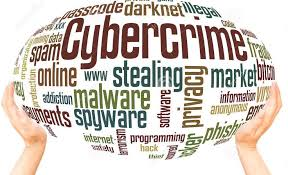To get evidence from Google in a cybercrime case, the
following procedure may be followed in Pakistan:
- Identify
the relevant Google account: The first step is to identify the Google
account of the suspect or victim related to the cybercrime case.
- Prepare
a legal request: The investigating officer or agency will prepare a legal
request to Google for the relevant information. This request should
include details such as the account holder's name, the nature of the
cybercrime, and the specific information required from Google.
- Submit
the request to Google: The request should be submitted to Google's legal
department through their designated channels. Google may require
additional information or documentation to verify the request's
authenticity.
- Wait
for Google's response: Once the request is received, Google's legal team
will review it and provide a response. This may include providing the
requested information or requesting additional information or
documentation.
- Analysis
of Evidence: Once the evidence is received, it will be analyzed to
determine its relevance and authenticity.
It is important to note that the procedure for obtaining
evidence from Google may vary depending on the nature of the cybercrime, the
jurisdiction in which it occurred, and Google's own policies and procedures. It
is also important to ensure that the legal request complies with all relevant
laws and regulations.
- #GoogleLegalRequest
- #GoogleDataRequest
- #CyberCrimeEvidenceCollection
- #GooglePrivacyPolicy
- #DigitalForensicsPakistan
- #SearchEngineEvidence
- #CyberCrimeInvestigation
- #ElectronicEvidenceCollection
- #GoogleInformationRequest
- #CyberSecurityPakistan






